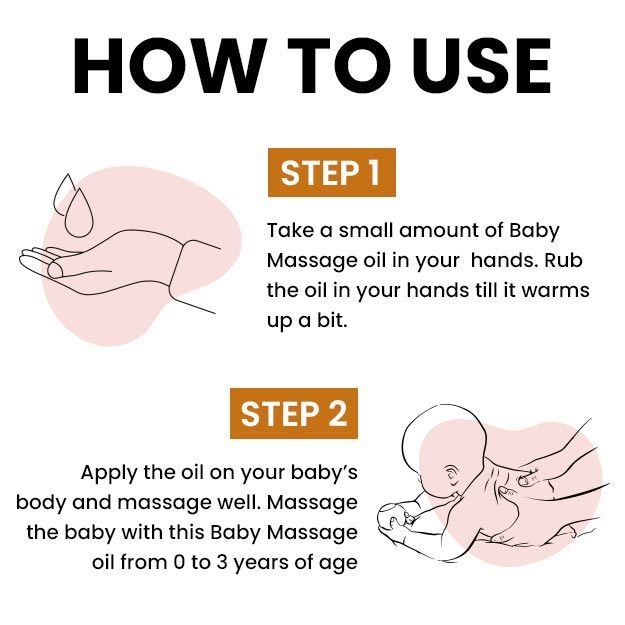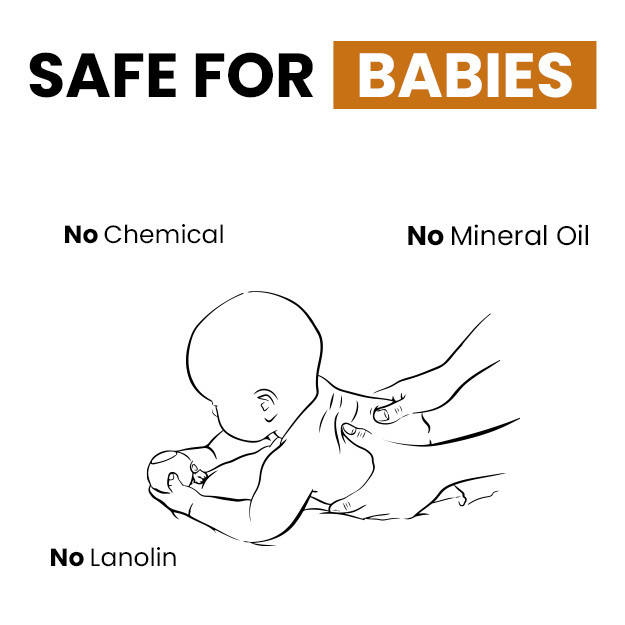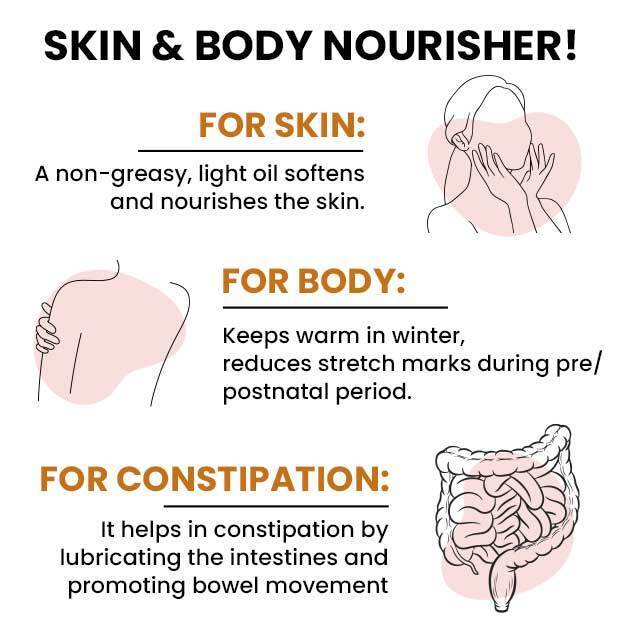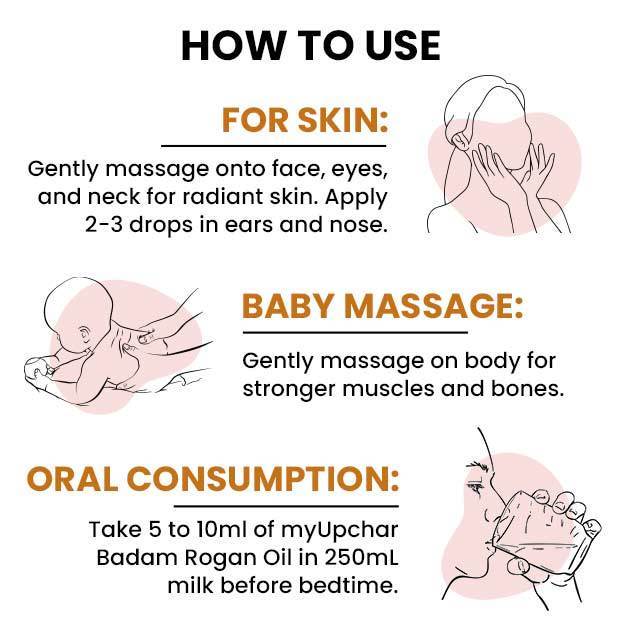Although doctors and health experts around the world recommend that until a newborn is 6 months old, he should be fed only mother's breast milk. But sometimes new mothers are not able to produce milk properly in their breasts or they are not able to produce enough milk to fill the baby's stomach or due to some other medical reason, the newborn baby needs to be fed milk from a bottle. The powdered milk that is fed to a newborn baby by filling it in a bottle is called formula milk. In such a situation, if you have decided to give formula milk to the baby right after his birth or are thinking of giving formula milk as a supplement along with breast milk or are transferring the baby from breast milk to formula milk, you will have many questions in your mind like how many times should powdered formula milk be given to the baby, how much quantity should be given, what is the right way to prepare the milk, how should the baby be fed with a bottle etc.
(Read more: Newborn Baby, Infant and Child Health Care Tips)
Although mother's milk is considered the best for the baby, if due to some reasons the baby is not able to get mother's milk, then formula milk is given to the baby as an alternative. In such a situation, in this article we are answering many common questions related to formula milk.




























